Becoming a new mom is one of the most transformative experiences in life—physically, emotionally, and mentally. While your focus naturally shifts to your baby, taking care of your own health is just as important. Rebuilding strength, boosting energy, and improving mood through fitness can have lasting benefits for both you and your family.
The good news? You don’t need hours at the gym or extreme diets. With science-backed strategies, you can start fast, stay consistent, and see measurable results—starting with just a few minutes a day. Here are 7 practical, research-supported fitness basics designed specifically for new moms.
After childbirth, your body needs time to heal. Jumping into intense workouts too soon can lead to injury or setbacks. Research shows that gentle, low-impact activity—like walking or pelvic floor exercises—can begin as early as a few days postpartum (with medical clearance).
Walking for just 10–15 minutes a day improves circulation, supports recovery, and boosts mood by increasing endorphins. As your strength returns, gradually increase duration and intensity. Studies confirm that early physical activity reduces postpartum fatigue and lowers the risk of postpartum depression.

Pregnancy and delivery significantly impact your core and pelvic floor muscles. Diastasis recti (abdominal separation) and pelvic floor weakness are common but often overlooked. Ignoring these can lead to long-term issues like incontinence or back pain.
Science recommends targeted exercises like pelvic tilts, gentle bridges, and transverse abdominal activations. A 2021 study found that women who practiced guided core rehabilitation postpartum showed faster recovery and improved functional strength compared to those who didn’t.
Time is a luxury for new moms. The idea of a 60-minute workout may seem impossible. But research shows that multiple short sessions (e.g., three 10-minute bouts) are just as effective as one long session for improving cardiovascular health and burning calories.
Try a 10-minute bodyweight circuit while the baby naps: squats, modified push-ups, step-ups, and planks. Consistency over duration is key. These micro-workouts add up and help build a sustainable routine.

Strength training isn’t just for building muscle—it’s essential for boosting metabolism, improving bone density, and enhancing daily functionality. Postpartum women who engage in resistance training report higher energy levels and improved body image.
Start with light dumbbells or resistance bands. Focus on compound movements like squats, rows, and overhead presses. A 2020 study showed that just two 20-minute strength sessions per week led to significant improvements in strength and body composition over 12 weeks.
Fitness isn’t just about movement—it’s also about recovery and fuel. Dehydration is common in new moms, especially those breastfeeding. Even mild dehydration can impair energy, focus, and milk supply.
Pair your workouts with balanced meals rich in protein, complex carbs, and healthy fats. Protein supports muscle repair, while fiber-rich foods help regulate digestion. Small, frequent meals can stabilize blood sugar and prevent energy crashes.
Weight loss is often a goal, but it’s not the only (or best) measure of progress. The scale doesn’t reflect muscle gain, improved endurance, or better sleep.
Instead, track non-scale victories weekly: How many minutes did you walk? Did you complete all your workouts? Do your clothes fit better? Are you sleeping more soundly? Journaling these wins reinforces consistency and motivation. Research shows that self-monitoring increases adherence to fitness goals by up to 50%.
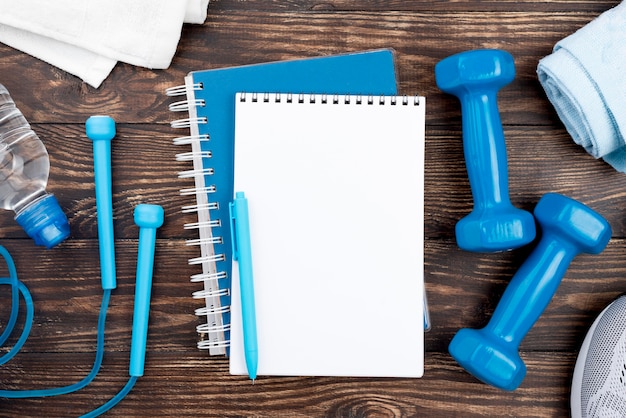
Consistency beats perfection. Missing a workout? That’s okay. What matters is returning to your routine without guilt. Behavioral science shows that habits form faster when tied to existing routines—like doing stretches after feeding or walking after diaper changes.
Surround yourself with support—whether it’s a mom group, online community, or partner who shares childcare duties. Social support significantly increases long-term adherence to physical activity.
Fitness after motherhood isn’t about bouncing back—it’s about building forward. With these 7 science-backed tips, you can start small, stay consistent, and celebrate real progress. Remember: every minute you invest in your health is a gift to your family.
Listen to your body, honor your journey, and measure success in energy, strength, and confidence—not just numbers.

Fitness

Fitness
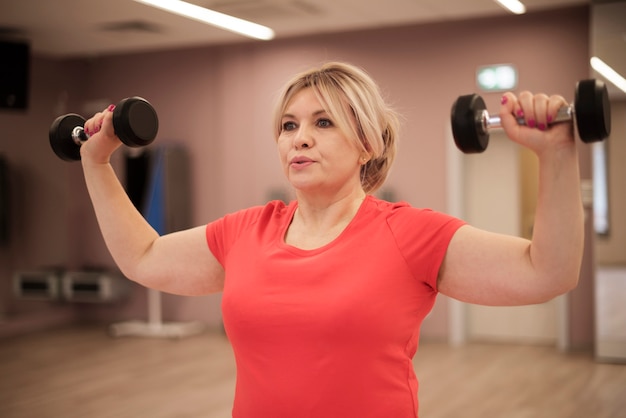
Fitness

Fitness
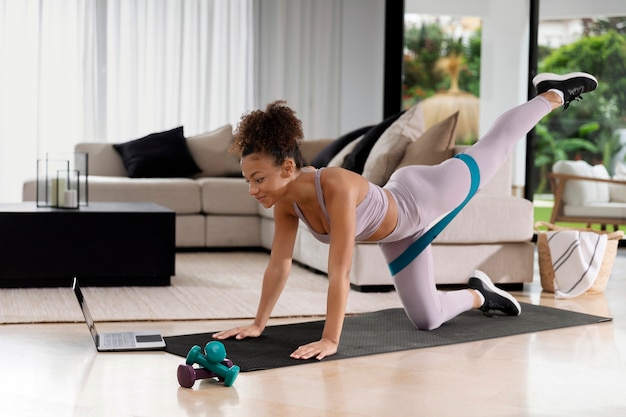
Fitness
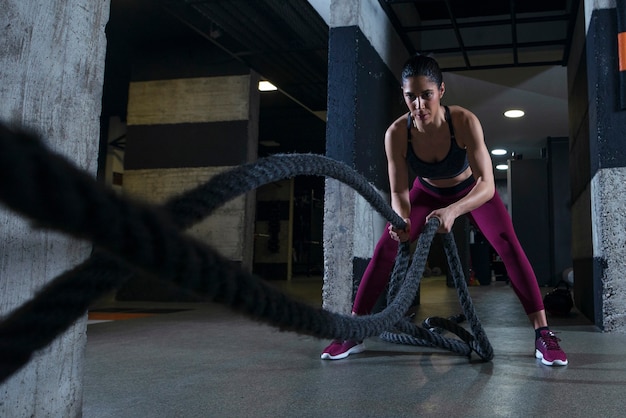
Fitness
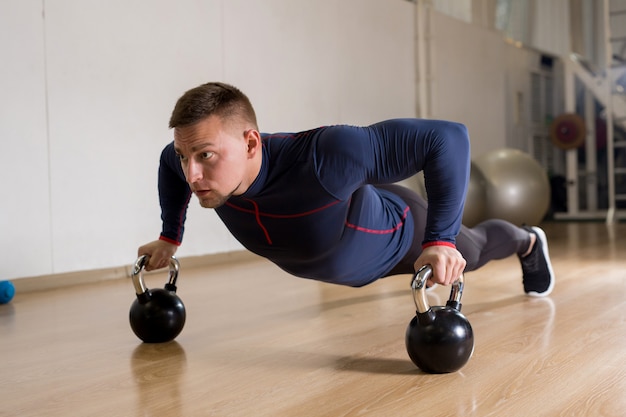
Fitness
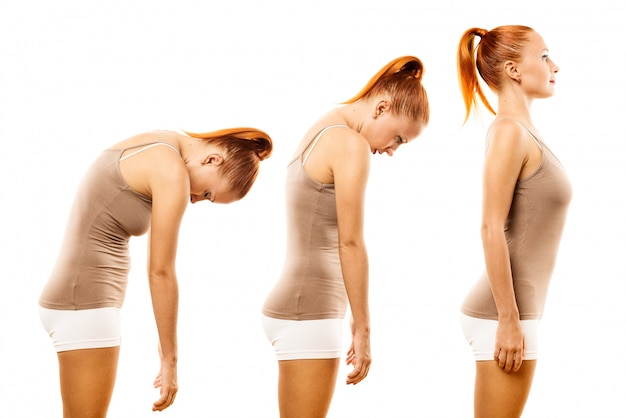
Wellness

Fitness
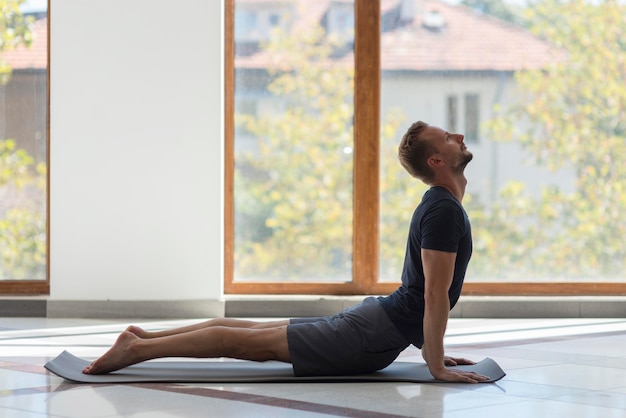
Wellness

Health

Fitness

Health

Fitness

Health

Health